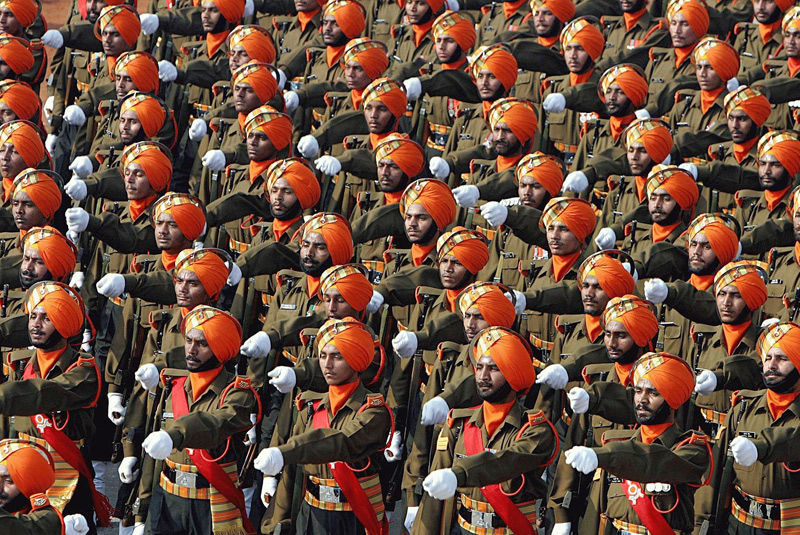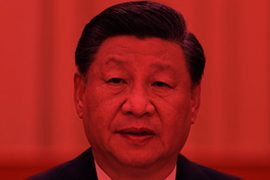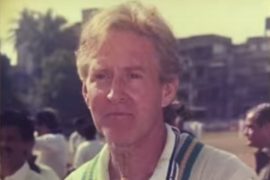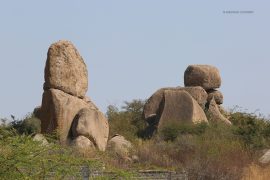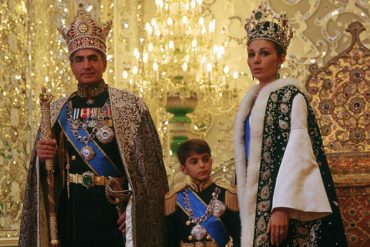On the 26th January 1950, India celebrated its republic day. It was the day when the constitution of India came into effect, and Dr Rajendra Prasad took oath as the first President of independent India. The President of Indonesia, Kusno Sukarno, was invited to grace the occasion as the Chief Guest.
The World War II had ended and the cold war had just begun. The world was divided between the two powers – the Eastern block (dominated by the Soviet Union) and the Western block (led by the United States of America and its NATO allies).
At the time, Jawaharlal Nehru was India’s first Prime Minister, and the architect of India’s foreign policy. While the world chose to align with either of the two power blocs, he chose to assert India’s independence, sovereignty, territorial integrity, and security through this pro-active policy of ‘non-alignment.’ Through this policy, India quietly engaged with the rest of the world on a diplomatic, economic and humanitarian level.
Nehru’s strategy was based on pragmatism, as much as on his strategic vision. As if he were a clairvoyant foretelling a prophesy, he foresaw the changing geopolitical dynamics in the South East and the Asia-Pacific. As he wrote in his polemic, the Discovery of India:
Copyright©Madras Courier, All Rights Reserved. You may share using our article tools. Please don't cut articles from madrascourier.com and redistribute by email, post to the web, mobile phone or social media.Please send in your feed back and comments to editor@madrascourier.com

